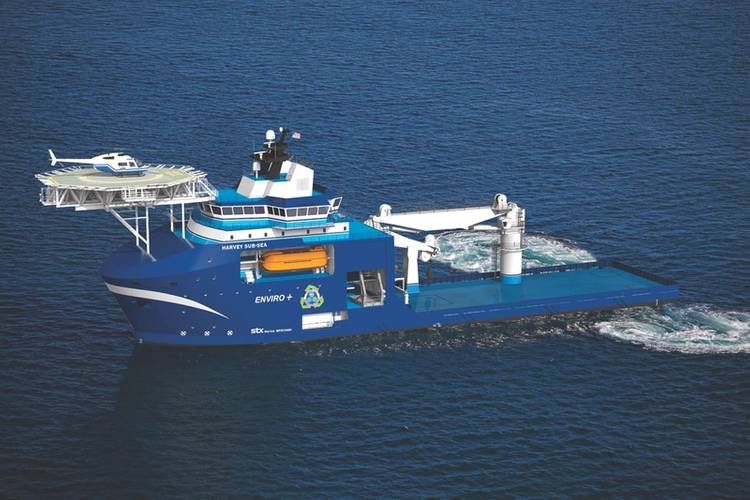I recently read a story in The New Yorker – but that sounds more intellectual than what really happened, let me start over. I recently clicked a link on Facebook, which sought to explain why the term “Fake News” has become so popular.
The article claimed that facts no longer matter to the average voter. As evidence (yes, the article explaining why facts don’t matter included evidence), it detailed a study whereby the subjects had been given false information, then were asked to make a choice between two options. Subsequently, the subjects were given the real information and again asked to make the same choice. Time and again, the subjects’ decisions were based upon the first information they were given, even after they had been told the information was false. To sum up their findings, the researchers simply said, “once formed, impressions are remarkably perseverant.”
To me, the resiliency of first impressions detailed in this experiment explains a considerable amount of the opposition facing the Jones Act. Much of America woke up one morning to horrible pictures of the damage done by Hurricane Maria to Puerto Rico. Thereafter, they were told by CNN, “Huff Po,” and social media that the Jones Act is exacerbating these problems. As these stories were the first time many have heard about the Jones Act, these well-meaning individuals immediately developed an impression that this Act is harming Americans in Puerto Rico.
If we are to believe the results of the psychological study mentioned above, the truth about the Jones Act doesn’t matter at this point, the impression has been made and it is a waste of time to provide these people with accurate information. To me, nothing could be further from the truth. Facts do matter, and the fact is that the Jones Act benefits all Americans, including Americans living in Puerto Rico.
The domestic maritime industry has invested more in Puerto Rican commerce than any other nation or entity on this plant. As a result, dozens of state-of-the-art, U.S.-flagged vessels engage in the Puerto Rican trade on a regular basis. This number of vessels has doubled recently due to U.S.-flagged offshore supply vessels (OSVs) offering to help take relief supplies to Puerto Rico even though they do not normally run these routes.
In this combined effort, the Jones Act industry has provided its fellow Americans (as of October 13) with at least 11,300 containers, 100 fuel distribution trucks, 18 million gallons of fuel, and convoys of electrical bucket trucks to repair power lines. This cargo has essentially choked the docks of Puerto Rico, at times overwhelming the shore-side infrastructure required to distribute this needed aid across the island.
Alternatively, when political pressure caused the Administration to waive the Jones Act in the aftermath of Hurricane Maria, only one foreign flagged vessel participated in the relief effort. As such, it is easy to see how the public perception was not supported by facts. The facts clearly demonstrate that the Jones Act is not hampering Puerto Rican relief efforts.
Outside of this disaster response, the Jones Act does not adversely impact Puerto Rico. The U.S. companies that participate in the Puerto Rican trade compete on a daily basis with vessels that move between hundreds of international ports and the island. This competition keeps costs down and the domestic industry nimble.
We can use Puerto Rico’s next-door neighbor, the U.S. Virgin Islands, to prove this fact. The U.S. Virgin Islands are not covered by the Jones Act. As a result, a recent study found that it costs up to 40 percent more to ship goods from the U.S. to the U.S. Virgin Islands on foreign vessels than it does to ship cargo to from the same location to Puerto Rico on Jones Act vessels.
I went searching for even better proof of the Jones Act’s impact on Puerto Rican prices. After looking through dozens of websites and price studies, I found all the proof I needed on my phone, specifically within my Amazon Prime App. On this App, I found Amazon Prime’s standard shipping costs Puerto Rican customers nothing. It’s free, the same cost I pay when I have Amazon ship something to me in New Orleans. I verified these costs on my Home Depot App. Home Depot also provides free shipping to its Puerto Rican customers for orders over $75. If these two companies can figure out how to ship cargo to Puerto Rico without incurring increased costs, I’m certain everyone else can do the same thing, if they so desire.
These facts aside, what is even more important to me is figuring out what we in the maritime community can do to change people’s impressions of the Jones Act and/or ensure they don’t develop negative impressions in the first place.
First and foremost, we have to tell our story. We have a great industry, one that contributes to the defense of our nation, our homeland security, and provides half a million Americans with more than $29 billion in paychecks. An amount which ensures these families can support a comfortable lifestyle and a better future for their children. In short, the Jones Act provides the American Dream for 500,000 hardworking Americans.
We don’t tell this story enough. I think we as an industry sometimes fall into the trap of being suspicious of mainstream media outlets and are not as active as we need to be on the newer media platforms. Additionally, I think sometimes we get worried that by raising the Jones Act we are inviting attacks against this Act. This is proving to be a shortsighted strategy. The forces that are ideologically opposed to the Jones Act or that stand to gain economically from its elimination are going to continue to distort situations like Hurricane Maria in an attempt to get their way.
Considering that to be true, Jones Act proponents need to be equally visible and vocal, even when the audience has already formed an impression. For that reason, I’m not going to hide the great story our industry has to tell. Again, facts do matter and the fact is that the Jones Act is an important piece of American public policy, one which is integral to all of our national, homeland, and economic security interests. I hope you’ll join me in telling our tale.
The Author
Aaron Smith is President and CEO of the Offshore Marine Service Association (OMSA).
(As published in the NOvember 2017 edition of
Marine News)
















